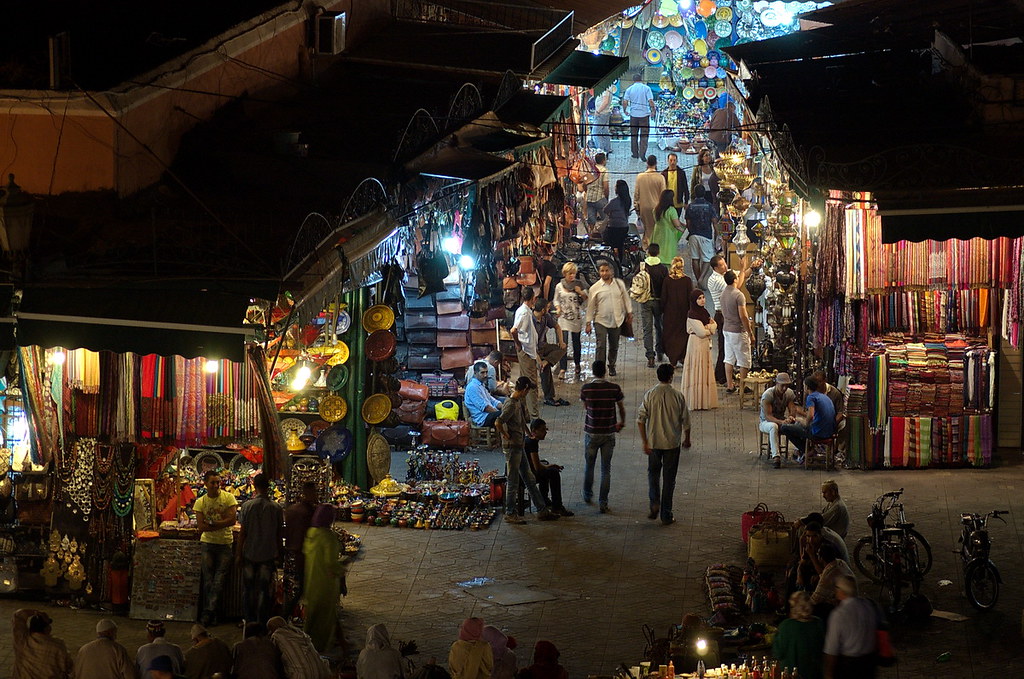‘Bleeding heart liberal’, Deirdre McCloskey and progressive capitalist, Joseph Stiglitz, see human nature very differently. These two world class economists were in Amsterdam this week to talk about their new books. Deirdre McCloskey’s, ‘Why Liberalism Works’ and Joseph Stiglitz’s ‘People, Power and Profits’. Their latest offerings place these two giants of American economics in direct opposition to one another on many counts. McCloskey is for markets, Stiglitz for government to deliver growth and prosperity. What’s new you may ask? Quite a bit, when you look behind the economics to the underlying ideas about human nature that underpin each approach.
In his latest book, the Nobel Prize winning economist argues for what he terms ‘progressive capitalism’. Stiglitz explains this idea as ‘a rejuvenated, reinvigorated social democracy, a new social contract between the state, civil society and the market.’ His latest book attempts to clarify the difference between what makes the wealth of a nation vs. what makes the wealth of an individual. Stiglitz is concerned that some individuals are not playing fair and are growing wealthy at the expense of the nation as a whole. He describes Trump and America under Trump as ‘a country of rent-seekers.’ The only way to solve this problem is to regulate and allow the government to police these individuals and the corporations they create. For example, he would like to see Facebook broken up.
Stiglitz on the dangers of market power.
For Stiglitz then, the big tech companies like Facebook and Google are perfect examples of what he terms market power. This means that markets have become dangerously dominant and are no longer competitive as a result. Lack of sufficient regulation exacerbated by asymmetries of information and a weakening of countervailing powers like the Unions have all played a part in this trend. The result: increasing inequality between the very wealthy few and the rest. Stiglitz is a long standing Democrat although he admits that ‘I sometimes describe myself as conservative’. He served in the Clinton administration and was an advisor to President Obama.
Stiglitz is in some sense a politician more than a pure economist. His economics policies are underpinned by a strong sense of the haves vs the have nots. Specifically, the need for government to protect the have nots from the ever more powerful haves. The picture he paints in ‘People, Power and Profits’ is gloomy. The myth of the American dream is underpinned by a lack of any real improvement in living standards for 90% of Americans, in the last 4 decades. In short, a large stick is needed rather than a bigger carrot.
‘I came to liberalism from the left’ – McCloskey
Professor McCloskey on the other hand refuses to buy into what she terms ‘the economic sky is falling’ argument. She points out that ‘envy is insatiable’ and cannot therefore be the basis of social policy. A Harvard educated economist who admits she was initially an anarchist, then a Joan Baez socialist and then a Keynesian, McCloskey ‘came to liberalism from the left’. She is unrelenting in her belief in the power of markets to optimise equality because they are a naturally occurring human phenomenon and do not come from the government. Describing herself as ‘a radical’ she advocates for a ‘bleeding heart’ or ‘feminist liberalism’, rather than the kind of social Darwinism that prioritises maximisation of profit. She believes in a constitutional democracy and the power of the individual over the general will. This is perhaps the defining feature of McCloskey’s position – a belief in the power of the individual.
‘Liberalism is the theory that you should let people be adults’ – McCloskey
‘Liberalism is the theory that you should let people be adults’. Socialism she argues is based on the idea that the economy of a country is like that of a family. This is the attractiveness of socialism – the idea that the government is like a benevolent parent who will shoulder much of the responsibility. Families are inherently socialist in nature, she explains, as they should be. But equating the family with an economy of 300 million people is a mistake. ‘Let people do what they want, because that is the dignity of adulthood.’ I’m inclined to agree. She admits however, that such a position is difficult to maintain. Especially when dealing with innocent victims such as the children of drug addicts and the destitute. For this reason McCloskey is in favour of helping the poor. Even a modest form of Universal Basic Income for those members of society who need it.
Not a question of Economics
So how to reconcile these two opposing camps? The issue it seems is not purely a question of economics. Rather it is a matter of how one views human nature. McCloskey makes a case for the manner in which behavioural economics has resulted in the highlighting of irrational behaviour in economic life. Many, like fellow Nobel prize winner (2017) Richard Thaler and Stiglitz himself, regard this as evidence of the need for a strong government, representative of society as a whole, to keep erring individuals on the straight and narrow. ‘The end is near, so take me, the man on the white horse, and let me run your life for you’, McCloskey puts it with characteristic directness.
Sustainable prosperity must be shared prosperity – Stiglitz
Stiglitz’s refrain, that ‘You can’t have sustainable prosperity without shared prosperity’ is initially attractive but begs the question, how will this be achieved? Of course, the answer is government and regulation. McCloskey’s plea for the prioritization of individual human dignity above all else is challenging. It places more responsibility on the individual. Ultimately it celebrates the power of the individual over that of society. As many lovers of literature would no doubt agree, this is always the stuff of which the most inspiring works of art are made.

